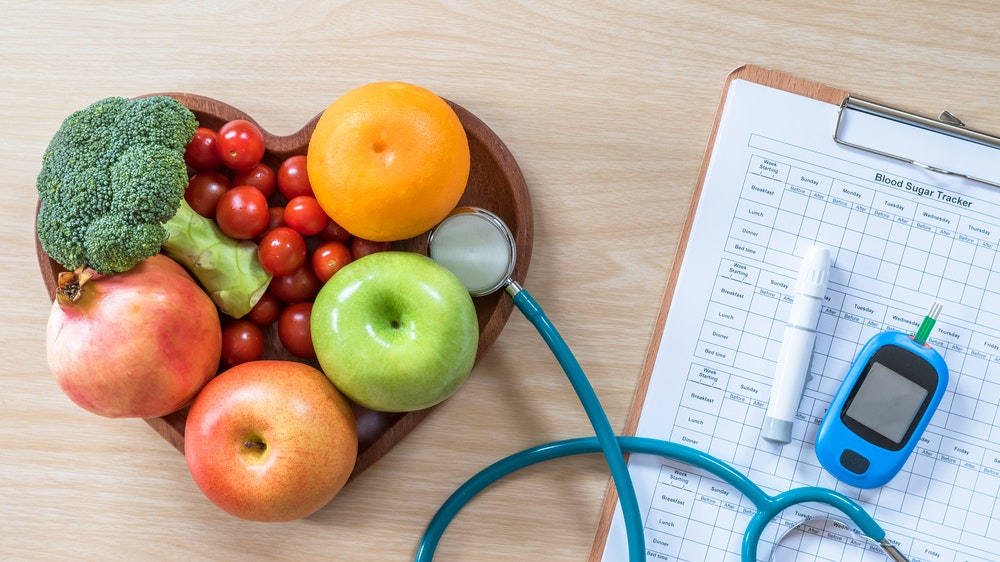Contact Us
If you are an Elderplan Member and have questions or concerns, please contact Elderplan Member Services at 1-800-353-3765 [TTY: 711], 8 a.m. to 8 p.m., 7 days a week or email us at [email protected]

健康的飲食對控制糖尿病和預防與 2 型糖尿病相關的併發症是最重要的關鍵。
健康的飲食由各種食物組成,為您的身體提供維持健康所需的營養。 這些營養素包括蛋白質、碳水化合物、脂肪、水、維生素和礦物質。
碳水化合物或「碳水化合物」對控制糖尿病是最重要的關鍵,因為碳水化合物會分解成糖,影響您的血糖水準。 食物和飲料中主要含有三種碳水化合物:澱粉、糖和纖維。 示例包括:
最好食用纖維、維生素和礦物質含量高,糖、不健康脂肪和鈉含量低的碳水化合物,例如:
富含纖維的食物有利於控制血糖水準,因為它們需要更長的時間才能分解,並減緩碳水化合物在血液中分解成糖的速度。 富含纖維的食物有蘋果、豆類、扁豆、全麥/有籽麵包、燕麥片、奇亞籽和覆盆子。
蛋白質是平衡血糖水準必不可少的營養素。 在進餐時新增蛋白質可減緩身體消化碳水化合物的速度,降低餐後血糖水準。
它還能讓您長時間有飽腹感。 重點食用瘦肉、家禽、魚、蛋、豆類、豆製品、種子和堅果,例如:
啤酒、葡萄酒和白酒等酒精飲料含有大量碳水化合物,會使血糖水準升高。 如果您服用胰島素或口服糖尿病藥物,酒精會降低您的血糖,導致低血糖。
對於糖尿病病患來說,注意脂肪的攝入對於降低心臟相關併發症(如高膽固醇)的風險是最重要的關鍵。 與蛋白質一樣,健康的脂肪有助於減緩碳水化合物的分解,從而降低血糖。 避免攝入高脂肪食物,例如:
注意您攝入的脂肪類型。 重點攝入單一不飽和脂肪和多元不飽和脂肪,例如:
限制飽和脂肪和反式脂肪,因為它們會增加心臟相關併發症的風險。 飽和脂肪的範例包括紅肉、黃油、乳酪和霜淇淋。 反式脂肪的範例包括油炸食品、商店購買的烘焙食品和含糖穀物等加工食品。
糖尿病管理需要在血糖監測、藥物治療、飲食和運動方面做出重要改變,最初可能會感覺難以承受。 隨著時間的推移,控制糖尿病可以成為家常便飯。 透過微小的改變來建立健康的生活方式,可以產生重大而持久的影響。
在 Elderplan(長老計劃)中,我們重視會員的健康和保健。 瞭解有關特定健康狀況的基本知識可以協助您更好地瞭解需要注意的風險因素。
如果您是 Elderplan(長老計劃)會員並需要協助來控制糖尿病,請聯絡會員服務部;您可能會從 Elderplan/HomeFirst(長老計劃/第一家)糖尿病管理計劃中受益。
如果您不是會員,請瞭解我們的健保計劃選項,看看是否有適合您需求的計劃。